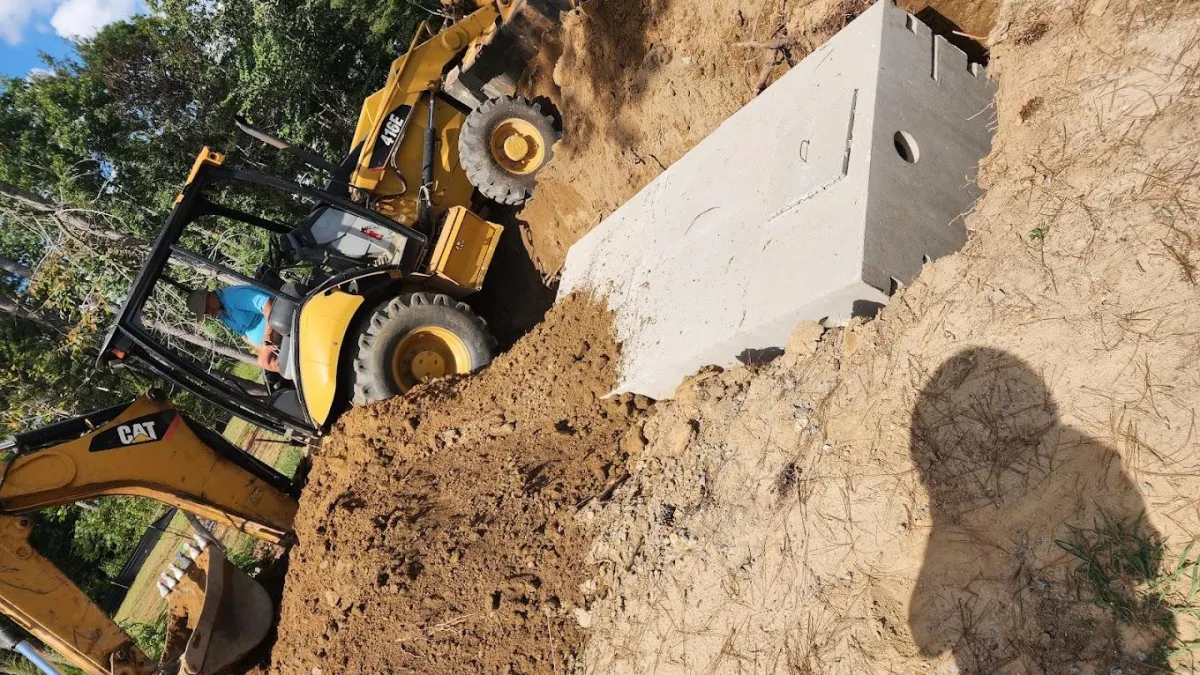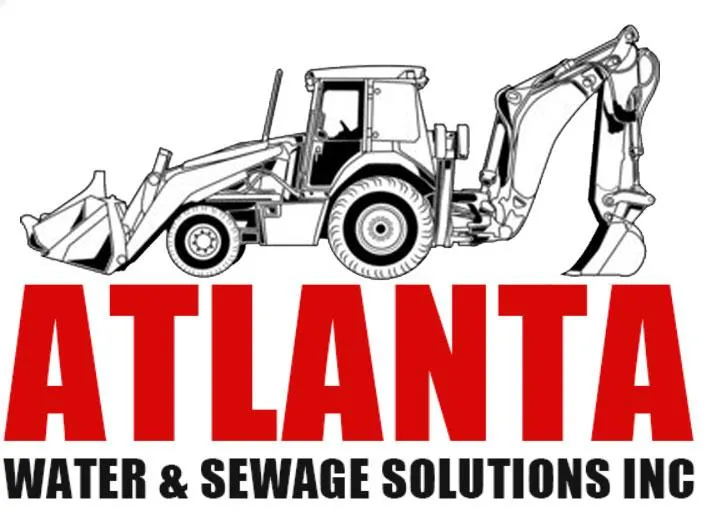
Do You Need a Septic Permit near Clarke County, GA?
1. Why You’re Even Asking This Question
(Because it’s more confusing than it should be)
If you’re thinking about installing a septic system in Clarke County, GA, you’re probably already juggling a dozen questions: How much will it cost? What kind of tank should I get? Will the system last? But the one question that stops people in their tracks is this:
“Do I need a permit to install a septic tank?”
And the short answer is: Yes, absolutely.
But we know that’s not what you really need. You need someone to explain why and how—without throwing a bunch of code numbers or county lingo at you.
We’re Atlanta Water & Sewage Solutions, Inc., and we work with homeowners and builders all over Clarke County (and beyond). We know firsthand how confusing permits can be—especially when you're just trying to get your land ready to live on.
Let’s break it down in a way that actually makes sense.

2. Yes, You Need a Permit—Here’s Why It Matters
(And what happens if you skip it)
Georgia law says every new septic tank installation needs approval. That includes properties in Clarke County, no matter how big or rural your land might feel. If you plan to live on the property (or rent it out), and you’re not connected to a city sewer, you’ll need a septic system—and that means a permit is not optional.
Why does the county care so much?
Because septic systems deal with human waste, and that waste has to be treated safely—so it doesn’t pollute your drinking water or nearby creeks. Permits help the county make sure the system:
Is sized correctly for your home
Is installed in soil that can handle it
Won’t pose a public health risk
If you try to install one without a permit, here’s what can happen:
You’ll likely be fined or forced to rip it out
You could ruin your ability to get final approval to live on the property
You might even lower your property value when it comes time to sell
So yes—the permit is worth it.
3. Who Issues Septic Permits in Clarke County?
(And how to reach the right department)
In Clarke County, septic permits are issued by the Environmental Health Division under the Georgia Department of Public Health.
Here’s where you’ll want to start:
Clarke County Environmental Health Office
These folks handle all things related to septic systems: reviewing applications, inspecting soil, approving designs, and issuing your final OK to install.
But don’t worry—we walk our clients through this step every day, so you're not alone in it.
4. What You’ll Need Before You Apply
(Spoiler: it’s more than just your property address)
This is where a lot of people get tripped up. You can’t just walk in and ask for a permit without bringing a few key things with you.
Here’s what Clarke County typically wants:
A site plan or survey showing your property lines, house location, and proposed septic location
A completed application form (they’ll give this to you)
A soil analysis (perc test)—this tells the county how well your soil drains
A proposed septic system design, including tank size and drain field layout
A copy of your property deed or plat
Pro tip: If your land is heavily wooded or uneven, go ahead and clear the area where the system will go. That way, the inspector can actually see the ground for testing.
If this sounds overwhelming, take a breath. We help clients with every step of this—planning, testing, paperwork, and beyond.
5. The Step-by-Step Permit Process in Clarke County, GA
Here’s how it usually goes:
Step 1: Schedule a Soil Test
You’ll need a certified professional to dig small holes and test how well the soil absorbs water. This is called a "perc test" (short for percolation). The results go to the county.
Step 2: Submit Your Application
Bring your site plan, deed, perc test results, and other paperwork to the Clarke County Environmental Health Office. You can call ahead to double-check you’ve got everything.
Step 3: Site Inspection
A county inspector will visit your land to verify everything. They’ll look at slopes, wells, trees, and your soil to make sure the system won’t cause problems down the road.
Step 4: Get the Permit
If everything checks out, they’ll issue the permit—usually valid for 12 to 24 months. Now you’re ready to install your system.
Step 5: Final Inspection After Installation
Once your septic system is installed, the county will come out one more time to inspect it before it's covered up.
That’s it. It’s a few steps, but each one serves a purpose. And no—you don’t have to go it alone.
6. How Long Does It Take to Get Approved?
(What to expect and how to speed it up)
On average, getting a septic permit in Clarke County can take:
1–2 weeks for soil testing (depending on schedule and weather)
1–2 more weeks for the county to inspect and approve
So if you’re planning a build or a move, don’t leave this until the last minute. A wet season or missing paperwork can delay everything.
Want to move faster? Work with a contractor who knows how to prep the paperwork, flag problems early, and schedule inspections at the right time. That’s what we do every day.
7. Can You Install a Septic Tank Without a Permit?
(And why it’s not worth the risk)
Technically? You could try.
But should you? Absolutely not.
Here’s why:
You’ll be out of compliance with state and county law
You won’t be able to legally occupy the home
You may run into issues with lending, refinancing, or reselling
You’ll face fines, legal problems, and potentially a full system replacement
We’ve seen homeowners try to “cut corners” only to pay twice as much later. Don’t be one of them.
8. How We Help Homeowners Navigate the Red Tape
(Without turning it into a paperwork nightmare)
At Atlanta Water & Sewage Solutions, Inc., permits aren’t an afterthought—they’re part of how we set our clients up for success.
When we take on a septic install, we:
Help with soil testing and scheduling
Design the system to meet county specs
Handle paperwork and coordinate with the right departments
Make sure everything gets approved the first time
Walk clients through each step, so they’re never left guessing
We’ve installed countless traditional septic systems across Clarke County, and every one of them started with a permit—done right, from the start.
Whether you're building your dream home, setting up a guest cabin, or getting off the grid, we’re here to help you do it the legal way, the safe way, and the stress-free way.
Final Thoughts: It’s Your Land—Do It Right
Permits might not be the most exciting part of getting a septic system, but they’re one of the most important.
If you’re building in Clarke County or nearby, don’t let the process overwhelm you.
We’re here to help make it simpler, faster, and done right the first time.
Need help getting a septic permit near Athens, Clarke County, or surrounding areas?
Give Atlanta Water & Sewage Solutions, Inc. a call.
We’ll walk you through every step—and handle the heavy lifting so you don’t have to

